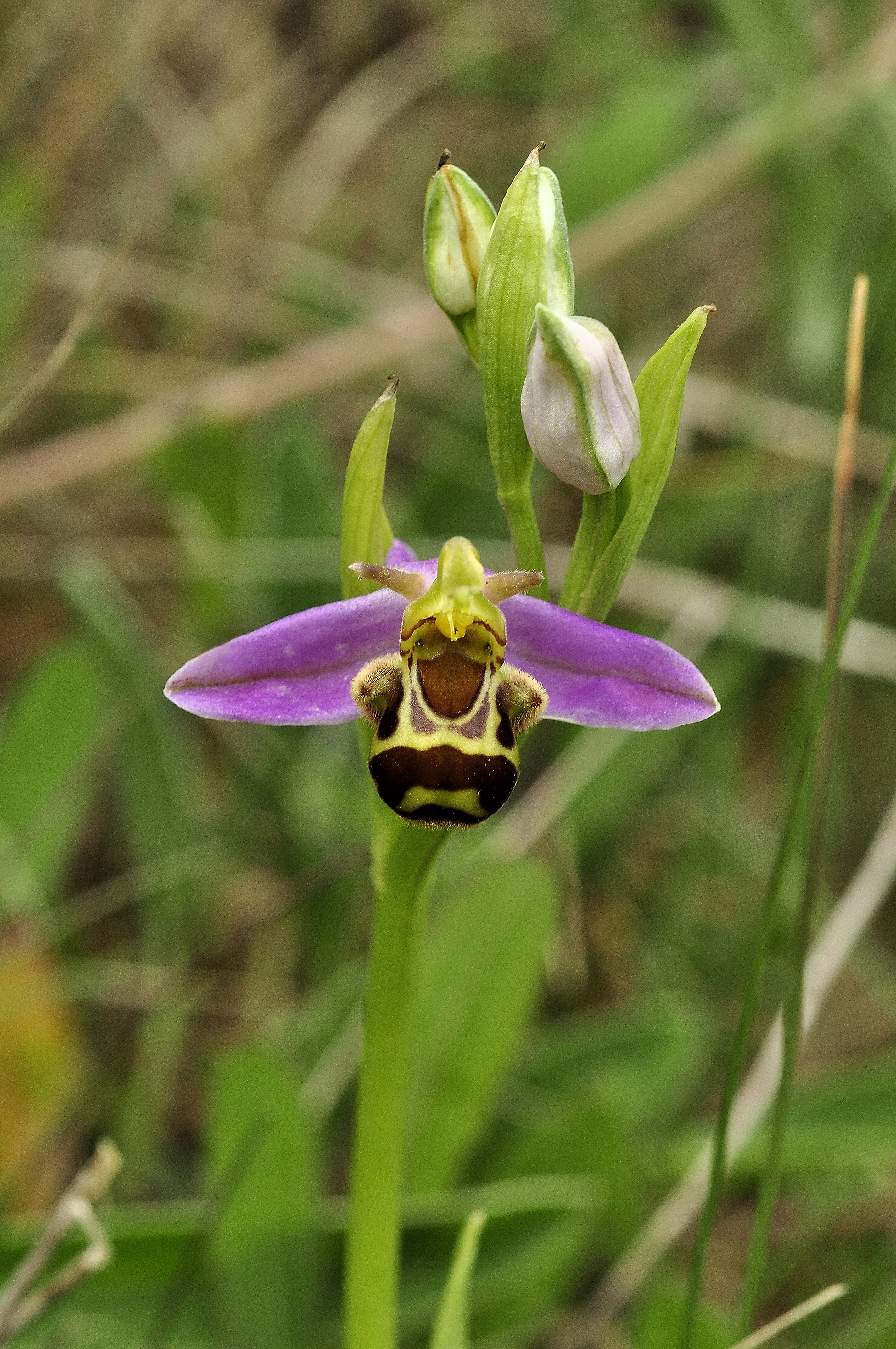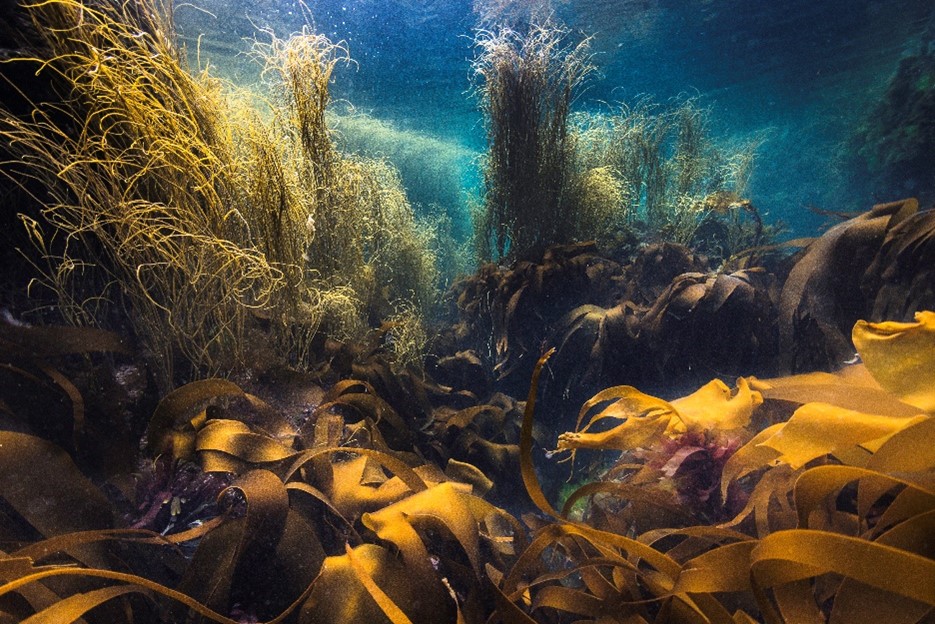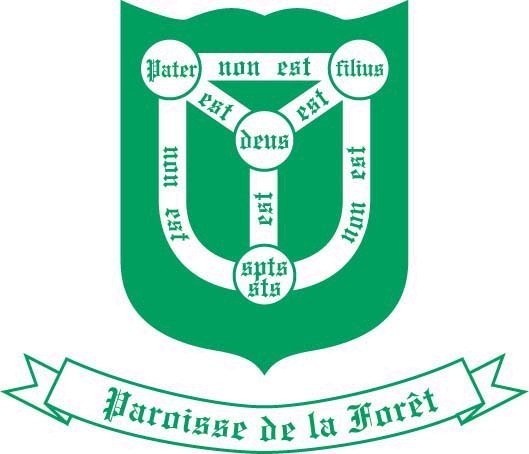
The Nature Commission has launched the first-ever People and Nature Survey for Guernsey to encourage people to have their say about our natural environment.
The People and Nature Survey for Guernsey covers three main areas:
Which places you visit and how often?
What activities you do outdoors?
How you feel about the natural environment in Guernsey?
We’d also like to hear from people who do not do outdoor activities to find out why and if there is anything that can be done to help people have access to nature . We know time spent in nature is good for health and wellbeing.
The survey takes 10-15 minutes to complete and it is open to anyone aged 16 and above. The deadline for completed surveys is Sunday 23rd November.
https://gov.gg/peopleandnaturesurvey
State of Nature Report 2024
Fantastic work by the Guernsey Nature Commission, with Charlotte Burgoine as lead author, Angela Salmon as proofreader, and Jessi Jennings as editer. Many members of La Société have also contributed significantly to the production of this report by providing content reviews and expertise.
The Nature Commission are running a series of talks relating to the release of the State of Nature Report at the Frossard Lecture Theatre, Candie, St. Peter Port. All talks take place between 6.30pm - 7.30pm. Find out more here
The Guernsey Nature Commission is a recently established charity working to protect and enhance the island’s biodiversity and natural environment within a generation. One of the ways which we hope to achieve this is by building a picture of the state of our local wildlife. To this end, State of Nature 2024 has been produced to provide information on the state of terrestrial and marine habitats and species. The purpose of State of Nature is to assist all islanders in better understanding the importance of our natural environment, and the impacts of our activities on local habitats and species.
Released on 1st October, State of Nature 2024 aims to build a benchmark for the status of our natural environment, which can be used as a comparison in later years. It was compiled using the best available data for local wildlife. It includes a chapter on drivers of change which explains the pressures which impact our habitats and species and cause declines in wildlife. The report also includes a chapter which looks at ways individuals, businesses and the government can help to conserve and enhance our natural environment, for the health of our economy and our well-being. As an island community, we can work together to help address the issues identified in State of Nature 2024 and make a difference. There are several changes in choices and behaviours outlined in the report that we can adopt, both small and big, which will help reduce the pressure on our natural environment.
It is important to care for nature, as nature provides the ecosystem services needed for human well-being, quality of life, and economic support. We depend on these services for necessities such as food production, climate stabilisation, and cultural and recreational opportunities. Examples of the services provided by nature include the pollination of crops by insects and the protection of our island from extreme weather by healthy coastal habitats. Being connected with nature is also known to boost mental health and improve well-being.
State of Nature 2024 has identified 7 key pressures on our natural environment, which have likely contributed to declines in species and habitats. Although more information is needed about how these pressures affect our habitats and species, it is important that we reduce these pressures as they will cumulatively impact our habitats and species. Conservation measures cannot be effective if there is no change in the pressures causing declines and losses.
The conclusions from State of Nature 2024 identified that a lack of data is a key theme throughout the report. While we generally know the species and habitats present on island, particularly on land, there are gaps in our knowledge. There is no long-term data to help provide a true status of the health of our species and habitats. We need to better understand the trends of species populations and habitat presence and condition. Better understanding will inform targeted conservation measures which make the best use of resources and help conserve the natural environment where the most support is needed.
For the habitats and species that we do have trend data for, such as birds, declines have been identified. It is anticipated that species we do not have sufficient or any data for are declining as well. More information is needed. Collecting data through citizen science projects is a great way to help reverse the lack of knowledge and everyone can help to achieve this. Check out Chapter 8 of State of Nature 2024 to find out more about what you can do to help ensure our natural
environment is protected and enhanced for the health of our economy and the well-being of our island community, both now and into the future.
State of Nature for Guernsey and Herm will be updated every 5 years. This provides an opportunity to update knowledge, highlight new areas of research, and provide further information to help us make informed choices regarding our activities which have negative environmental impacts. It is hoped that in future reports, gaps in our knowledge, particularly in relation to marine and freshwater environments, can start to be addressed. These knowledge gaps cannot be addressed without the enthusiasm, passion, and commitment of islanders, communities, businesses and our government. Understanding more about our natural environment is the first key step to being able to better conserve, protect and enhance our habitats and species for future generations.
State of Nature 2024 is available as a full report and a summary report on the Nature Commission’s website State of Nature 2024 | Nature Commission Guernsey as of 1st October. The Nature Commission is also running a series of events throughout October to promote State of Nature 2024. This includes a talk series and citizen science project days. Details about these events and more are available on the website, so please do take a look. We also have Facebook, Instagram, X and LinkedIn accounts; follow us to find out more about what we get up to and how you can be a part of it! For any further information, contact office@naturecommission.gg. We’d love to hear from you!
.jpg)


Algal forest, photo credit Tim Harvey
Bee orchid, photo credit Zoe Devlin


